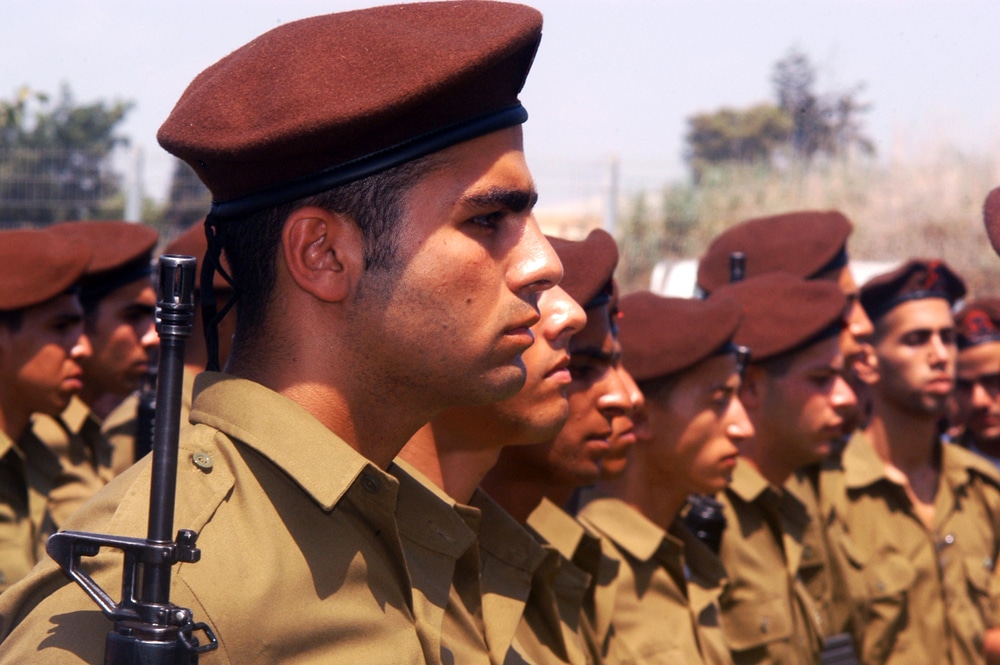IDF’s Targeted Strike Claims Hamas Deputy Leader
Saleh al-Arouri, Hamas’s deputy leader overseas, long sought by Israel and considered a pivotal figure in orchestrating West Bank terrorism, has allegedly lost his life during an Israeli attack in Beirut’s Dahiyeh area. Officials from Hamas and the Lebanese group Hezbollah, Lebanon’s state-run National News Agency, attributed the blast to an Israeli drone.
The explosion rattled Beirut’s southern suburbs, a stronghold of Hezbollah, raising concerns about potential retaliatory actions. The strike targeted a third-floor apartment serving as an office for the Hamas group, claiming the lives of seven individuals, including Al-Arouri, military commanders, and other Hamas top figures.
Al-Arouri, aged 57, was one of the founders of Hamas’s military wing and was deemed the de facto leader of its West Bank operations despite residing outside the area. Samir Findi and Mahmoud Shaheen, along with Azzam Al-Aqraa Muhammad Bashasha, Ahmed Hammoud, and Muhammad al-Rayes, were the casualties.
Reports suggest that Samir Findi oversaw Hamas military activities in Lebanon, including rocket launches toward Israel. At the same time, Azzam Al-Aqraa orchestrated terror activities in the West Bank from abroad.
Israel’s Targeted Approach Against Hamas Leaders
This targeted strike follows Israel’s vow to pursue all Hamas leaders after the group’s devastating October 7 attack on Israel, which led to significant casualties and abductions. Meanwhile, Hezbollah leader Hassan Nasrallah has vowed to retaliate against any Israeli attack against Palestinian officials in Lebanon.
Meanwhile, the Palestinian Authority’s Fatah party has declared a general strike in response to the incident. However, Israel’s MK Danny Danon from the Likud party congratulated the IDF, the Shin Bet, the Mossad, and all security forces for the elimination of Arouri.
Nevertheless, local media outlets report that Yossi Fuchs, the cabinet secretary, has issued a directive to ministers instructing them to refrain from making public statements regarding the attack. However, neither Smotrich nor Danon deleted their posts despite this directive.
During a November 22, 2023 briefing, Prime Minister Benjamin Netanyahu stated that he had directed Israel’s Mossad spy agency to target the leaders of Hamas regardless of their location. At the same briefing, Defense Minister Yoav Gallant expressed that all Hamas leaders were effectively “living on borrowed time.”
Al-Arouri’s History Of Involvement In Terrorism
The history behind Al-Arouri’s involvement in terrorism runs deep. He was reportedly linked to the planning of the 2014 kidnapping and murder of three Israeli teens, among other attacks.
He spent multiple terms in Israeli prisons and was released in March 2010 as part of negotiations for a larger prisoner exchange related to Gilad Shalit, an IDF corporal abducted by Hamas in 2006. Arouri subsequently played a role in finalizing the agreement that led to the release of over 1,000 Palestinian prisoners from Israeli jails in exchange for Shalit’s freedom in 2011.
He moved to Istanbul but had to leave later when Israel briefly improved its relations with Turkey after years of strained ties. However, these ties soured once again during the latest conflict in Gaza. His connections to Iran and Hezbollah were integral in managing Hamas operations and funds in the West Bank.
In an October 8 interview with Al Jazeera, Arouri characterized the unprecedented assault launched by the terror group on Israel the day before as an “open battle” to achieve the “liberation” of the Palestinian people. He alleged Israel had planned to enforce an unspecified “new reality” on the Temple Mount post-holiday.
Arouri mentioned Hamas’s readiness for all stages of the conflict, including scenarios of ceasefire requests or further escalation. Arouri indicated that an Israeli ground invasion would be the most favorable scenario for Hamas. Al-Arouri’s death could significantly impact Hamas’s operations and dynamics within the region, potentially reshaping the balance of power and the course of conflicts in the Middle East.

